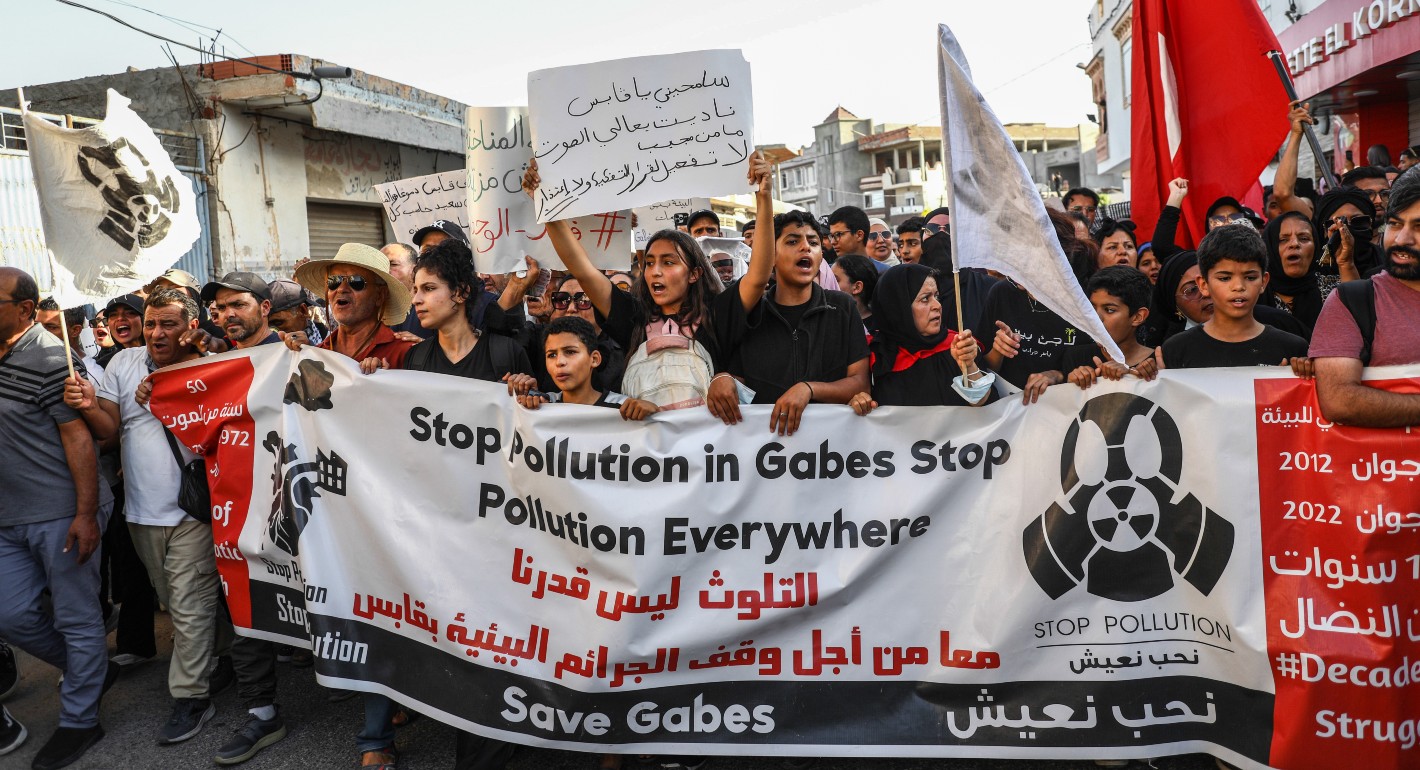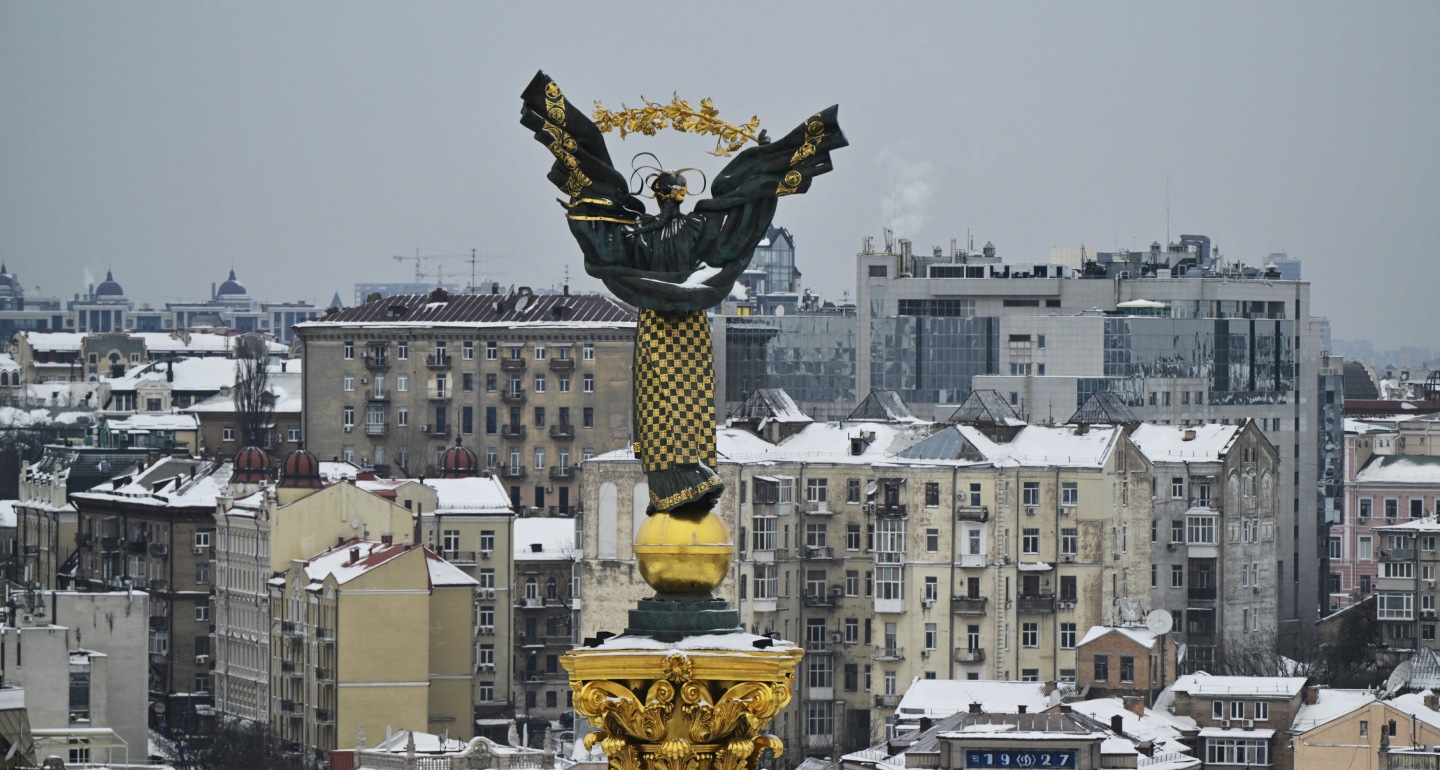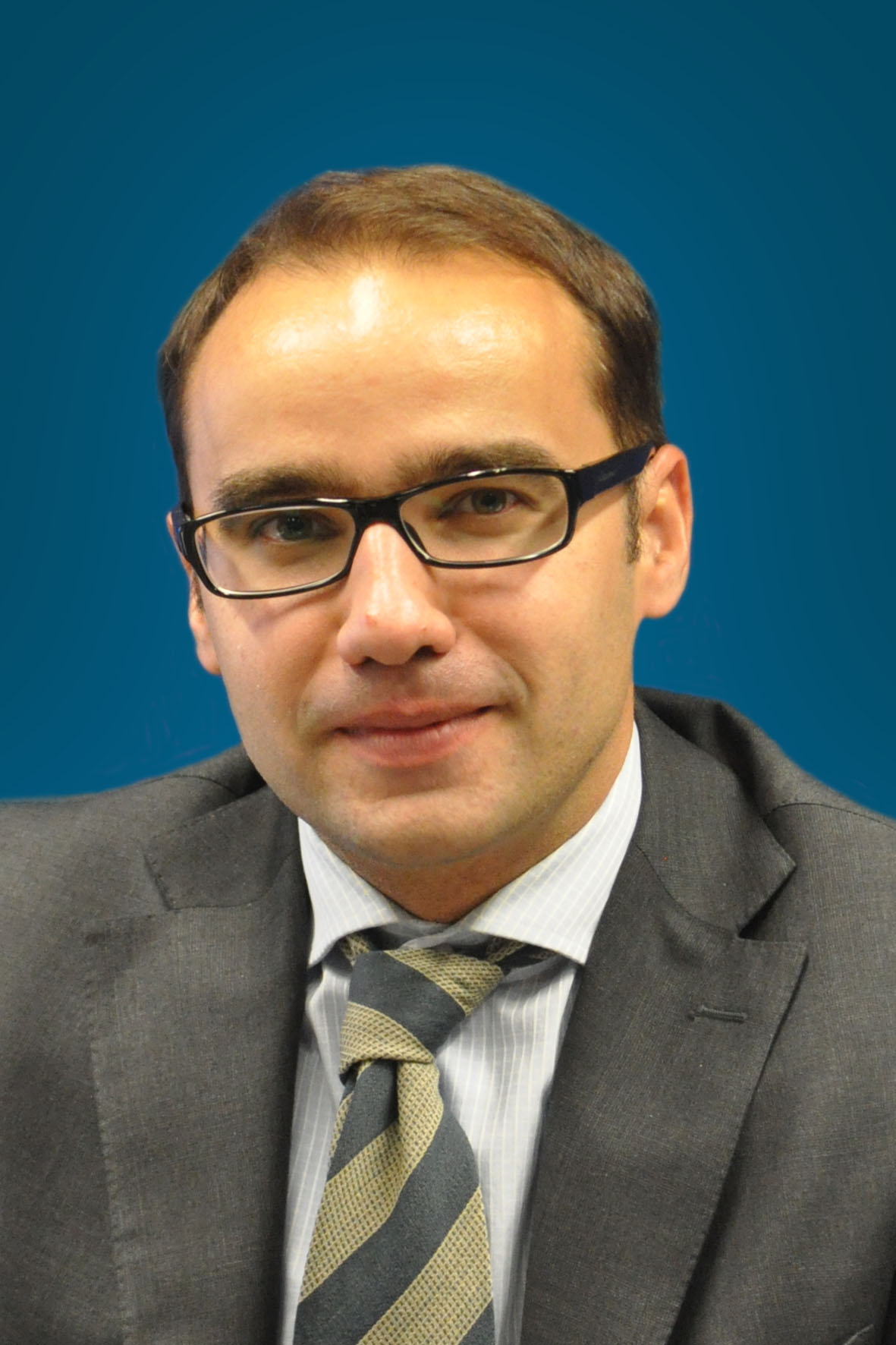- +8
William J. Burns, Michael Chertoff, Catherine Ashton, …
{
"authors": [
"William J. Burns"
],
"type": "commentary",
"centerAffiliationAll": "",
"centers": [
"Carnegie Endowment for International Peace"
],
"collections": [],
"englishNewsletterAll": "",
"nonEnglishNewsletterAll": "",
"primaryCenter": "Carnegie Endowment for International Peace",
"programAffiliation": "",
"programs": [],
"projects": [],
"regions": [],
"topics": [
"Democracy",
"Civil Society"
]
}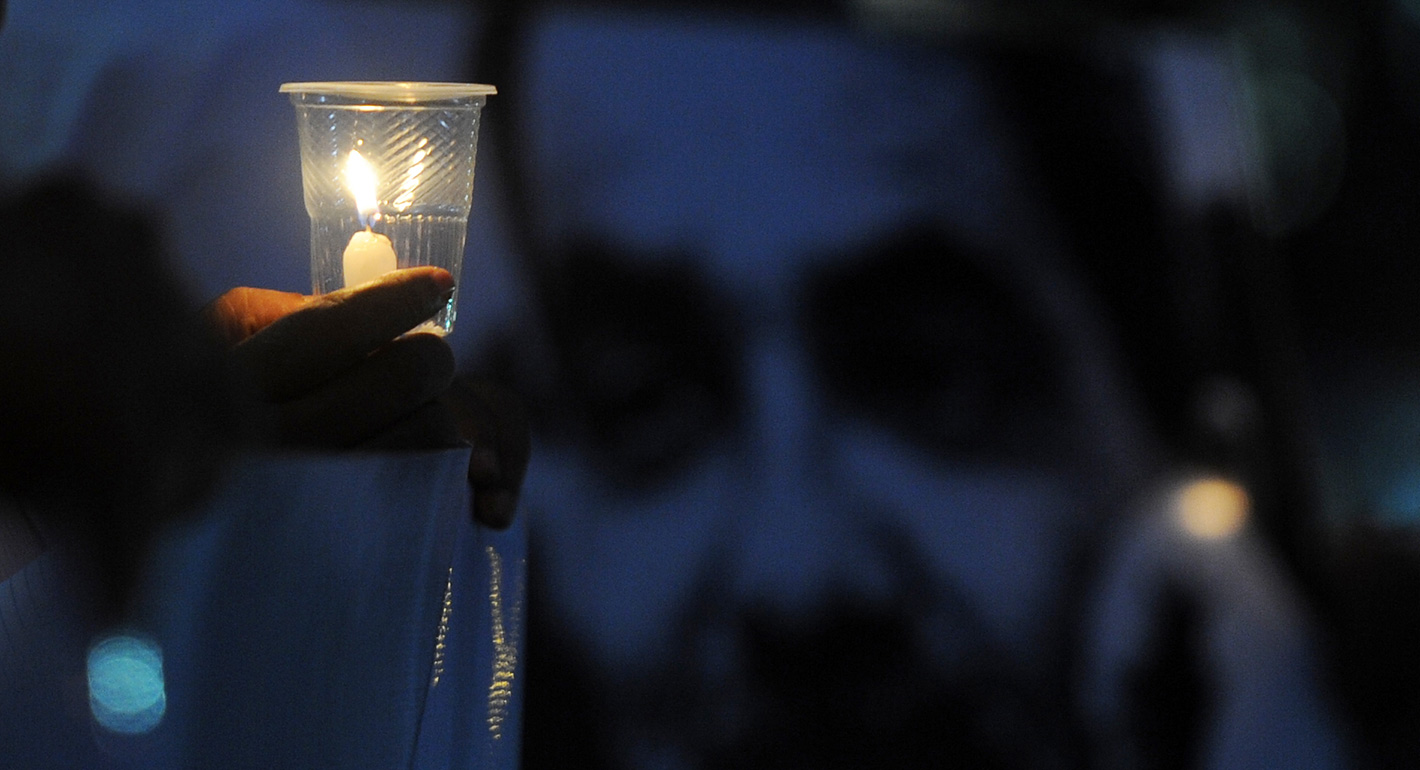
Source: Getty
The Need for Civil Courage
The Trump administration’s willful dismissiveness toward many human rights concerns will only undercut U.S. interests, and make the country’s policies nasty, brutish, and short-sighted.
This is adapted from a speech given by Carnegie President William J. Burns on October 18, 2018 to honor the Civil Courage Prize recipient, Vladimir Kara-Murza.
There has never been a moment when civil courage, so brilliantly exemplified by Vladimir Kara-Murza, mattered more in our world than it does today. This is a moment when authoritarians feel the wind in their sails, and democracies—including the United States—are adrift and losing their way. This is a moment when the practiced repressive habits of autocrats seem ascendant, and the institutions that guard freedom and dignity are being hollowed out in too many ways in too many societies.
This is a moment when civil courage can seem an endangered species, with civil society embattled in autocracies of one stripe or another, and individual citizens in democratic systems trapped by fatalism and tribalism, and battered by rising inequalities and the endless cacophony of identity politics. Around the world, walls are coming up faster than they are coming down. The politics of fear is drowning out the politics of hope.
This is not an entirely new phenomenon. I’ve seen these corrosive trends building over the course of my checkered career as a diplomat.
I saw them in Russia, as the curious mix of hope and uncertainty that I experienced during my first tour in Moscow in the early 1990s gave way to the combustible combination of smoldering grievance, preening ambition, and cold-blooded repression that emerged in Vladimir Putin’s Russia, during my second tour as ambassador more than a decade ago.
I remember vividly speaking at the funeral of Anna Politkovskaya, shortly after her murder in 2006, only a year after she had received the Civil Courage Prize for her fearless reporting on Chechnya.
It was a cold late autumn afternoon in Moscow, with a few snowflakes falling as dusk settled, and long lines of mourners shuffling slowly toward the hall where her casket lay. Not a single senior Russian official showed up. So it fell to a couple of Anna’s courageous editors at Novaya Gazeta and me to try to honor her memory, and emphasize the significance of her life and work.
Nothing drove home to me more powerfully the callousness and oppressive bent of the Putin era than that bleak day. Putin made crystal clear where he stood. And it was important for the United States to make clear where we stood.
We could not afford to ignore our interests in Russia or forsake efforts to manage what was fast becoming an adversarial relationship. We definitely could not afford to give in to Putin’s aggression. And we certainly could not afford to give up on the Russia that lay beyond Putin, a Russia full of people proud of their complicated history, with no shortage of insecurities and challenges, but intent upon realizing their full human potential and dignity.
I also saw those difficult trends unfolding in the Middle East, through various professional incarnations over the past thirty-five years.
I stood in Tahrir Square in Cairo in February 2011, a week after Hosni Mubarak had been overthrown. It was impossible not to feel the sense of possibility that surged through Arab societies that spring, as decades of dysfunction and indignity seemed to be giving way to a more hopeful and more open future. But it didn’t take long for the forces of counterrevolution to gain momentum, and for that euphoric moment to fade. Peaceful popular uprisings gave way to a brutish civil war in Syria, bloody chaos in Libya, and a still-worsening human catastrophe in Yemen.
With growing impunity, Arab autocrats, often indulged by the United States and other foreign backers, have sought to stamp out rumblings of criticism and free expression. Like Anna Politkovskaya, Jamal Khashoggi was a stubbornly independent journalist, committed to realizing the best of which his country was capable, and unafraid to speak truth to power.
His abduction and apparent murder in Istanbul, in a Saudi diplomatic facility, reportedly at the direction of the Saudi leadership, is a horrific act. It demands that the U.S. government and others around the world offer strong condemnation and tangible consequences—not the tacit encouragement for overreach that has bred such horrendous conditions in Yemen and led to the awful fate of Jamal Khashoggi.
It has always been an illusion to think that stability is a static phenomenon, that strongmen and their closed political systems provide a prescription for sustainable societies. They eventually become brittle and break, and they invariably become less reliable partners. Failing to understand the deeper drivers of change in the Middle East, or any other part of the world, is a persistent weakness of American foreign policy.
The United States is hardly immune to those same troubling trends.
President Donald Trump did not invent the dysfunctions of our own society—the mounting sense of inequality of wealth and opportunity; the anxiety and frustration of people who feel their role and cultural identity is eroding; the wave of anger from citizens whose boats haven’t been lifted by globalization even as many of the architects of the 2008 financial crisis quickly righted themselves; the disconnect between wide swaths of the population who question American leadership after the costly and undisciplined military adventures of the post-9/11 era, and a Washington establishment that continues to preach the virtues of global engagement without acknowledging the mistakes we’ve made.
But I fear that this administration is making all these troubles much worse. Untethered to history or experience, the president has stirred a nasty brew of muscular unilateralism, mercantilism, and transactionalism. His is a diplomacy of narcissism and narrow dealmaking, not of institutions and alliances—the strengths that set us apart from lonelier powers like Russia and China. His is a rhetoric of mean spirit and division, of attacks on journalists as “enemies of the people” and public servants as a hostile “deep state.” That can only inhibit freedom of expression, undermine truth, and alienate citizens from their government.
Many years of representing the United States abroad have taught me that it is the power of our example, more than the power of our preaching, which can amplify all our other sources of military, economic, and political influence. Sadly, we are rapidly corroding that image, the idea of America that has so often proven, despite all our imperfections and failings, to be one of our most potent sources of power.
However much they may resent particular American policies, people around the world are drawn to the idea of America, to a place of possibility and mobility and openness, where the rule of law protects the less fortunate and preserves hope. What people see today is polarization, incivility, policy gridlock, images of immigrant children separated from their families, crumbling infrastructure, and fact-free public discourse.
In the Trump era, values have receded rapidly in the American foreign policy calculus. Human rights seem an afterthought, their significance discounted, sometimes used as a tool against dictatorial adversaries, but often ignored in the case of dictatorial partners we prefer to indulge.
I would be the last person to argue that our record in previous administrations has been pristine in this regard. I’ve made my own share of mistakes in prioritizing practical, near-term interests over full-throated defense of human rights. In administrations of both parties that I’ve served, we’ve often gotten the balance wrong. But I’ve never witnessed the kind of conscious, unapologetic disregard for human rights concerns that seems to be the norm so far in this administration. This is not only morally indefensible, but practically counterproductive, undercutting our own strategic interests over the long term.
There are two lessons we should draw from this depressing landscape.
First, the sooner policymakers realize the foolishness of a strategy devoid of values, and reverse it, the better. We will not always get the balance right, and we will inevitably produce disappointments and make unappealing trade-offs. But the willful Hobbesian dismissiveness of this administration toward many human rights concerns will only undercut our interests, and make our policies nasty, brutish, and short-sighted.
At its best, American foreign policy has been animated by a sense of enlightened self-interest, in which we see a wider purpose to enlarging the circle of countries and societies that share our values and interests, and have a common stake in just, workable international rules of the road. What we’ve seen over the past couple years is much more about the “self” part than the “enlightened,” and that is an historic mistake.
The second lesson is about the profound importance of civil courage in any society, democratic or authoritarian or somewhere in between.
Without brave individuals like Anna Politkovskaya or Jamal Khashoggi, without courageous exemplars like Vladimir Kara-Murza, societies wither and drift.
Their fearlessness should give us the hope and courage to stand up for justice and address the flaws and challenges of our world. Authoritarians traffic in fear, and depriving them of that weapon is our surest path to a better future. We all owe an enormous debt to those who show us the way, at grave personal risk, and we honor them not only by awards like this one, but by how we live their examples.
About the Author
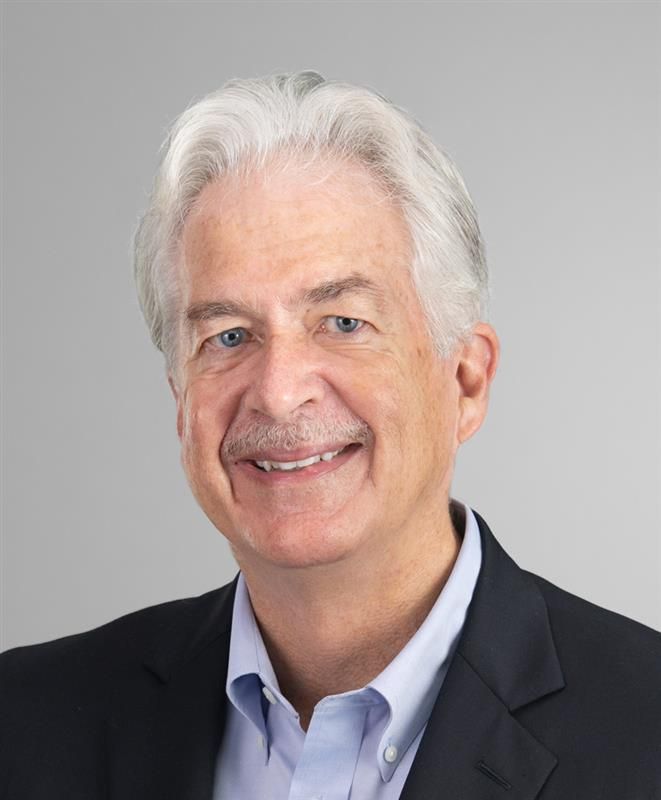
Former Career Diplomat
A former career diplomat, William J. Burns served as director of the CIA, deputy secretary of State, and ambassador to Russia and Jordan. Burns was also president of the Carnegie Endowment for International Peace from 2015 to 2021.
- Reimagining Transatlantic RelationsResearch
- A New U.S. Foreign Policy for the Post-Pandemic LandscapeCommentary
William J. Burns
Recent Work
Carnegie does not take institutional positions on public policy issues; the views represented herein are those of the author(s) and do not necessarily reflect the views of Carnegie, its staff, or its trustees.
More Work from Carnegie Endowment for International Peace
- The Kremlin Is Destroying Its Own System of Coerced VotingCommentary
The use of technology to mobilize Russians to vote—a system tied to the relative material well-being of the electorate, its high dependence on the state, and a far-reaching system of digital control—is breaking down.
Andrey Pertsev
- Indian Americans Still Lean Left. Just Not as Reliably.Commentary
New data from the 2026 Indian American Attitudes Survey show that Democratic support has not fully rebounded from 2020.
- +1
Sumitra Badrinathan, Devesh Kapur, Andy Robaina, …
- Civil Society Restrictions in North Africa: The Impact on Climate-Focused Civil Society OrganizationsArticle
For climate-focused civil society in countries like Morocco, Algeria, and Tunisia to be most effective, organizations should work together to develop networks that extend their reach beyond their local area and connect across borders to share best practices and amplify each other’s work.
Sarah Yerkes
- New Approaches to Defending Global Civil SocietyResearch
New thinking is needed on how global civil society can be protected. In an era of major-power rivalry, competitive geopolitics, and security primacy, civil society is in danger of getting squeezed – in some countries, almost entirely out of existence.
Richard Youngs, ed., Elene Panchulidze, ed.
- Notes From Kyiv: Is Ukraine Preparing for Elections?Commentary
As discussions about settlement and elections move from speculation to preparation, Kyiv will have to manage not only the battlefield, but also the terms of political transition. The thaw will not resolve underlying tensions; it will only expose them more clearly.
Balázs Jarábik





